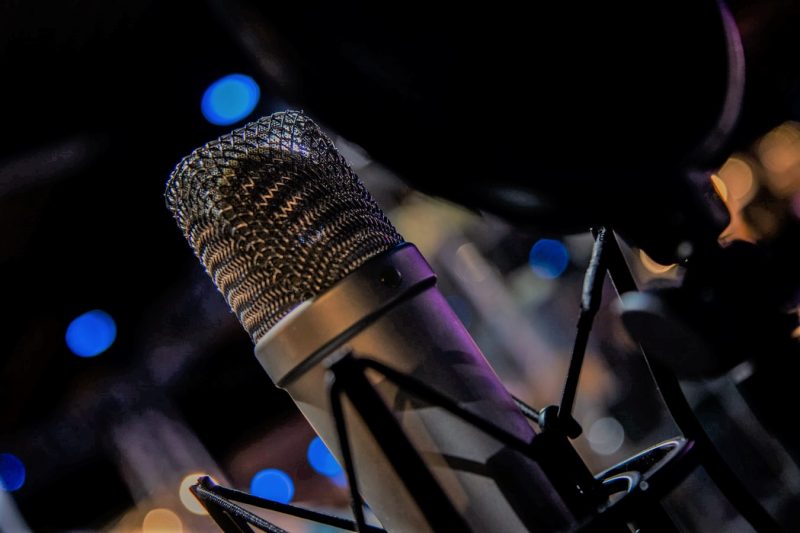(Source: Slate via NT)
Replacing Humans “Is the Furthest Thing From Our Mindset,” Says the Company Selling an A.I. Radio Host
RadioGPT can talk. It can research. It can take your calls. And it could be coming to your market.
The humble broadcast-radio host, whether a disc jockey or interviewer or reporter, has been going through it for decades now. The 1996 Telecommunications Act fueled the consolidation of local stations, decimating their staffs. The explosion of online radio, music and video streaming, and podcasting have upended ratings for shows on public airwaves. Phones and computers and smart speakers increasingly supplant radio sets. Funding for public radio is notoriously unreliable. It isn’t the best time for your modern-day Wolfman Jacks, or for any media profession.
On top of all that, your local DJ was already on the losing end of the artificial-intelligence revolution. Before the A.I. hype from last year, and even before the COVID recession demolished media ad markets, broadcast networks were gutting on-air talent at the both the national and collegiate level to trim budgets and automate programming: syndicating well-known shows and brands, prerecording and prearranging late-night broadcasts, training a roboticized voice to fill in the space when needed. Coupled with major streaming services’ dependence on algorithms and automation to curate playlists and make user recommendations—often with bizarre side effects—these developments make clear that the music industry anticipates the need for fewer humans down the line.
A.I. hasn’t yet finished killing the radio star, nor is it truly likely to anytime soon. But there’s a new digital buddy out there that might give hosts additional pause: RadioGPT, a new tool from the Ohio-based software company Futuri Media that fully digitizes the broadcast host as you know it. [Continue reading at Slate…]

